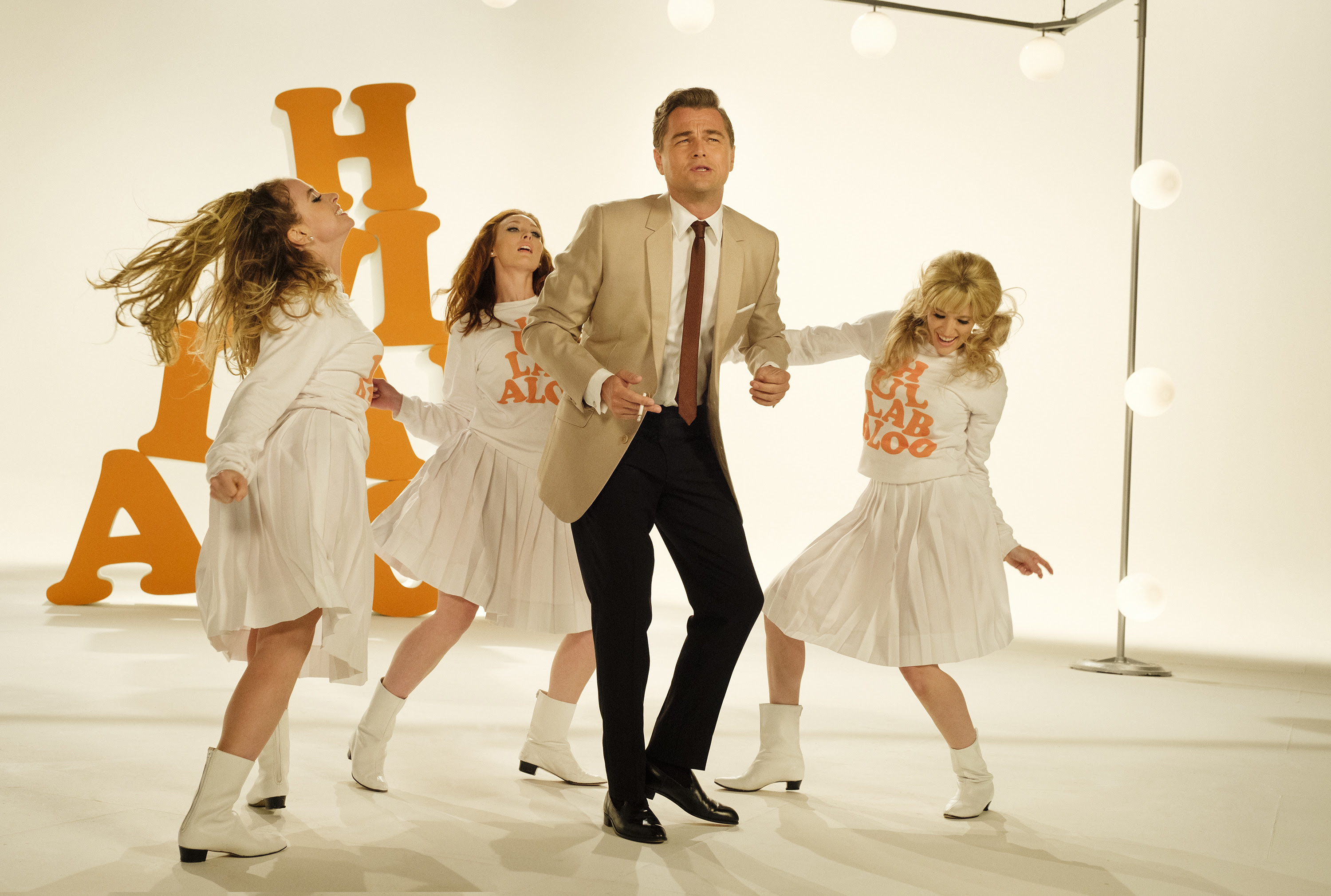The Death Of Stalin review: Armando Iannucci (The Thick Of It, Veep) directs his second film, a political comedy which doesn’t quite hit the mark.
The Death Of Stalin review by Orestes Adam.

Armando Iannucci is widely considered a master of political satire, most widely known for creating BBC’s The Thick of It and HBO’s Veep. This is exactly what makes his latest directorial feature, The Death of Stalin, such a disappointment. The film has the premise and talent of a comic masterpiece: the world’s leading political satirist taking on one of the darkest periods of the 20th century through the likes of Steve Buscemi and Jeffrey Tambor. Unfortunately, the choice to satirize Soviet politics from the perspective of the very murderers and rapists that comprised the political party leaves the viewer so tonally torn that it is, simply put, difficult to enjoy. While The Death of Stalin is by no means a bad film, it certainly requires a very specific form of humor to appreciate.
Adapted from the French graphic novel of the same name, the film follows the political power struggle in the Soviet Union following the death of dictator Joseph Stalin in 1953, increasing the ridiculousness factor so that it plays out like a more focused Monty Python sketch. The key players include Georgy Malenkov (Jeffrey Tambor), Stalin’s painfully nervous immediate successor who is more concerned with recreating Stalin’s publicity stunts than providing any sort of political consolidation or reform; general secretary Nikita Kruschev (Steve Buscemi), whose cunning offers some of the film’s more memorable comedic moments; and chief of security and secret police Lavrentiy Beria (Simon Russell Beale), the political embodiment of evil. All are after Stalin’s seat and all are fully prepared to cross their comrades to get it.
Iannucci makes some excellent choices in assembling and directing his cast. Most interestingly they all maintain a mixture of American and British accents from various regions. Not a single Russian accent is attempted by any of the American or British cast members, contrary to most English-language Russian period pieces, and no uniform accent is committed to. Rather, each actor brings their own distinctive speech into the mix, resulting in a constant reminder that the film is a work of fiction, a necessary step when parodying a time of extreme corruption and fear. The ensemble possesses a great amount of chemistry and it’s the moments in which they come together to display their incompetence and ridicule the existing power structures that the film truly shines. Jason Isaacs’ portrayal of Minister of Defense Georgy Zhukov in particular commands every scene he is in, making it a shame that his character does not appear until the film’s third act. However, while the terrible pressures and fears of living under a Soviet state are consistently mocked, one gets the sense through watching the film that it merely does not go deep enough, particularly when aligned with the tragedies depicted onscreen.

As far as its direction, the film sees Iannucci stepping out of the handheld realism of his television work, opting for more carefully composed camerawork and production design that manages to both capture the grim darkness of the era as well as the ironic bourgeois isolation of proclaimed socialists. Moments like the slow motion introductory shots of each character brilliantly mock the subjects through their own glamorization, nailing the comedic target that this film aims for. However, It is the film’s tone that Iannucci struggles to maintain control over as the film too often and too jarringly shifts from Soviet buffoonery to genuine terror. The director admirably does not shy away from the atrocities of the era and yet there are moments when the film invites its audience to laugh at the absurdity of the regime’s mass executions only to likely leave them feeling uneasy from the brutalities committed onscreen. What made the savagery of Iannucci’s trademark insults so terrifically hilarious in his television work is that within their respective contexts they were all hollow threats. The Death of Stalin, however, provides a setting that often proves too serious to laugh at.
The Death of Stalin has enormous potential and there definitely exists an audience for whom it will be reached. Boasting a stellar ensemble and a confident auteur at its helm, the respective tones of its style and subject are ultimately too conflicting for a universal audience to enjoy. It is undeniably clever and all of its political criticisms are indeed there but it is too overshadowed by physical sight gags and blunders for any greater meaning to be deciphered from its historicity. Though a commendable effort, this is one film that even fans of black comedy may find hard to stomach.
The Death Of Stalin review by Orestes Adam, October 2017.
The Death Of Stalin is now playing across the UK.

Latest Posts
-


Film Trailers
/ 12 hours agoA new teaser trailer for Josh Oppenheimer’s ‘The End’ lands from MUBI
MUBI has released a new trailer for Josh Oppenheimer’s new movie, The End. The...
By Paul Heath -


Film News
/ 17 hours agoQuentin Tarantino is reportedly working on a stage play
While we eagerly await Quentin Tarantino’s next movie project, news hits us today that...
By Paul Heath -


Streaming
/ 1 day ago‘Happy Face’ teaser trailer – Dennis Quaid, Annaleigh Ashford lead new serial killer series
The trailer for the upcoming Paramount+ limited series Happy Face has been released. The...
By Paul Heath -


Film Festivals
/ 2 days agoPanorama, Generation and Forum programmes now complete for 2025 Berlinale
The Panorama, Generation and Forum strands have now completed their line-up for this year’s...
By Paul Heath














